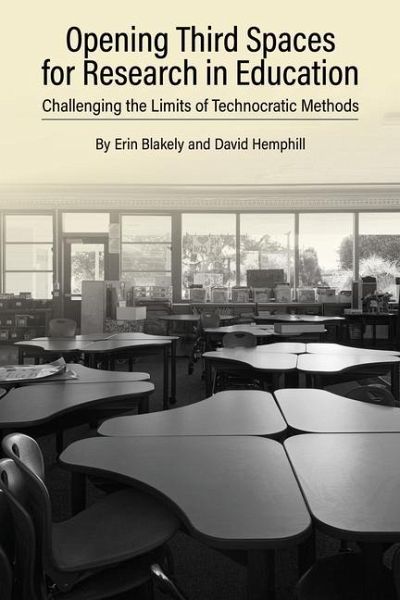
Opening Third Spaces for Research in Education
Challenging the Limits of Technocratic Methods

PAYBACK Punkte
18 °P sammeln!
Opening Third Spaces for Research in Education challenges dominant educational research methods. It rejects the reductive binaries normalized in social science research—theory/practice, objective/subjective, quantitative/qualitative. Drawing from multiple fields and eras, the book opens third spaces between these artificial poles to help researchers expand interpretations and possibilities for research. Critiquing the current focus on the measurement of "student learning outcomes" and high-stakes assessment, the book offers conceptual tools and case examples to support educators in reconcept...
Opening Third Spaces for Research in Education challenges dominant educational research methods. It rejects the reductive binaries normalized in social science research—theory/practice, objective/subjective, quantitative/qualitative. Drawing from multiple fields and eras, the book opens third spaces between these artificial poles to help researchers expand interpretations and possibilities for research. Critiquing the current focus on the measurement of "student learning outcomes" and high-stakes assessment, the book offers conceptual tools and case examples to support educators in reconceptualizing research. The book critiques the modernist notion that learning is an individual mental process of acquiring knowledge or skills. It argues instead that learning is inextricably entangled with social relations and cannot be isolated or controlled no matter how scientifically rigorous researchers try to be in their study designs. This challenges the current goal of educational research instruction to design "valid and reliable" studies that provide evidence for "best practices," and reimagines it as opening third spaces to expand opportunities and approaches for inquiry.



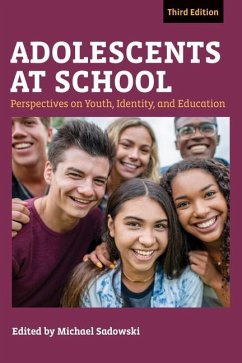
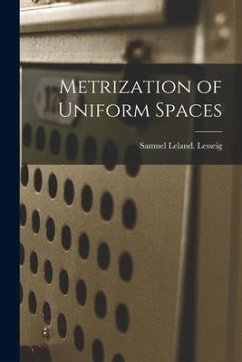
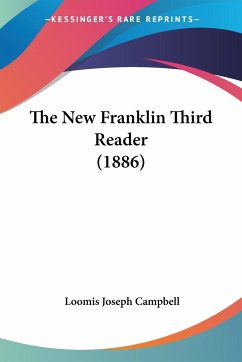
![Opening of the New Laboratory Buildings, Medical Faculty, McGill University [microform] Cover Opening of the New Laboratory Buildings, Medical Faculty, McGill University [microform]](https://bilder.buecher.de/produkte/66/66198/66198320n.jpg)
![The Value of Earnestness [microform]: an Address Delivered at the Opening of the Thirteenth Session of the University of Queen's College Cover The Value of Earnestness [microform]: an Address Delivered at the Opening of the Thirteenth Session of the University of Queen's College](https://bilder.buecher.de/produkte/65/65623/65623722n.jpg)
![Formal Opening of the Engineering and Physics Buildings [microform]: McGill University, Montreal: February 24th, 1893 Cover Formal Opening of the Engineering and Physics Buildings [microform]: McGill University, Montreal: February 24th, 1893](https://bilder.buecher.de/produkte/66/66166/66166787n.jpg)
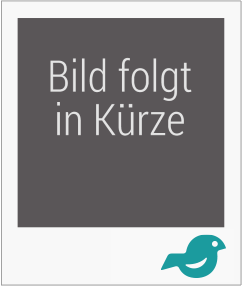
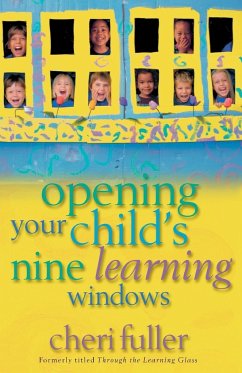

![Introductory Lecture [microform]: Delivered at the Opening of the 40th Session of the Medical Faculty of McGill University and the Inauguration of the Cover Introductory Lecture [microform]: Delivered at the Opening of the 40th Session of the Medical Faculty of McGill University and the Inauguration of the](https://bilder.buecher.de/produkte/65/65555/65555101n.jpg)